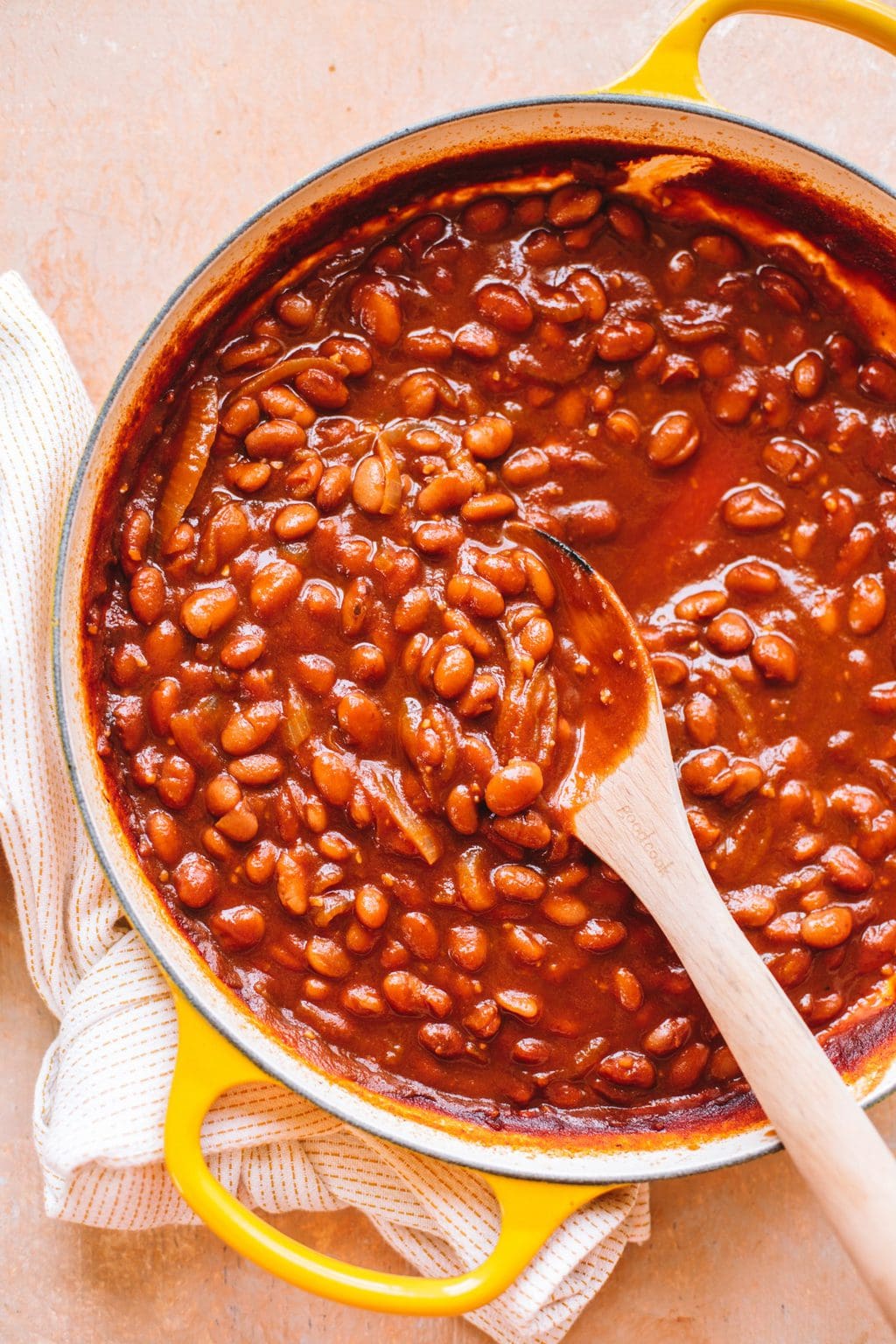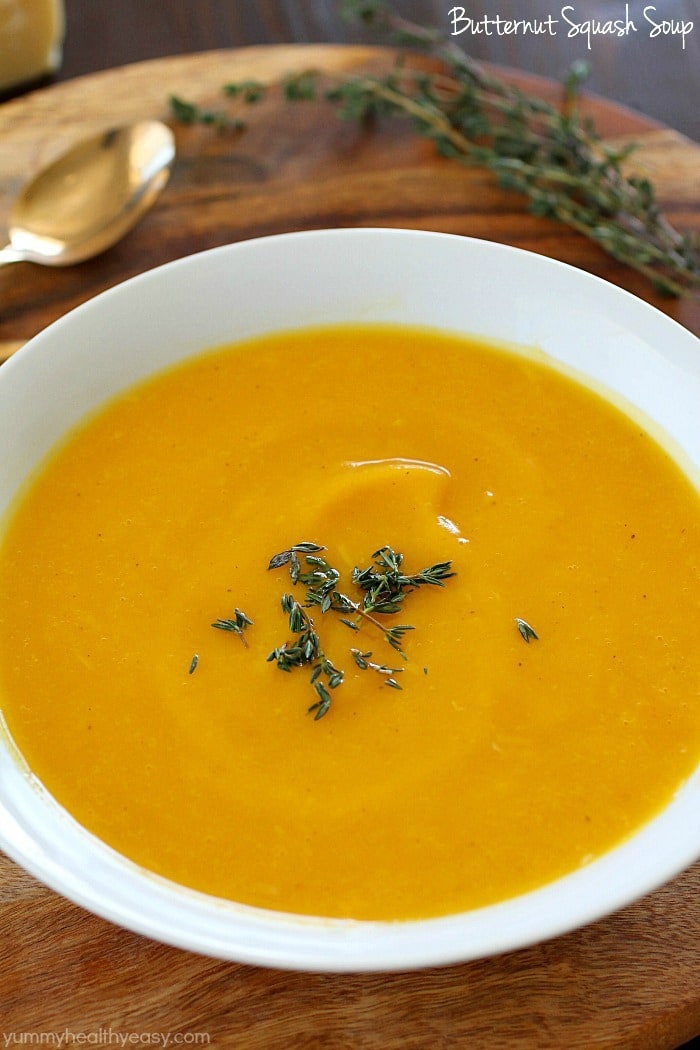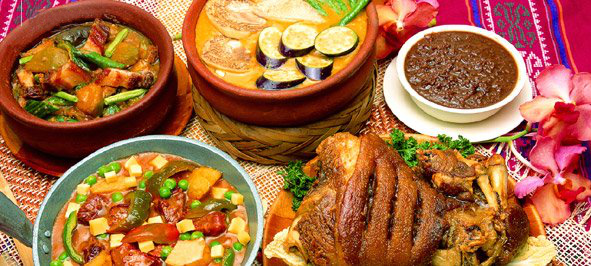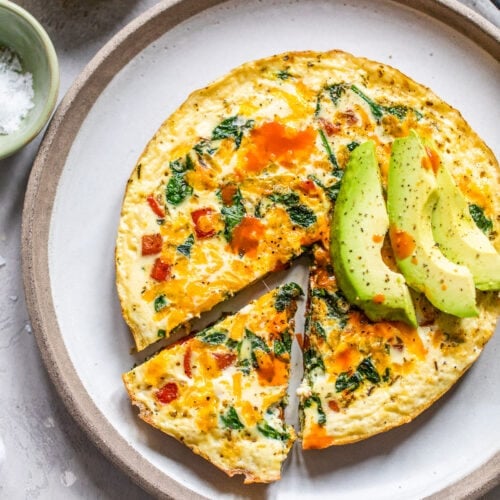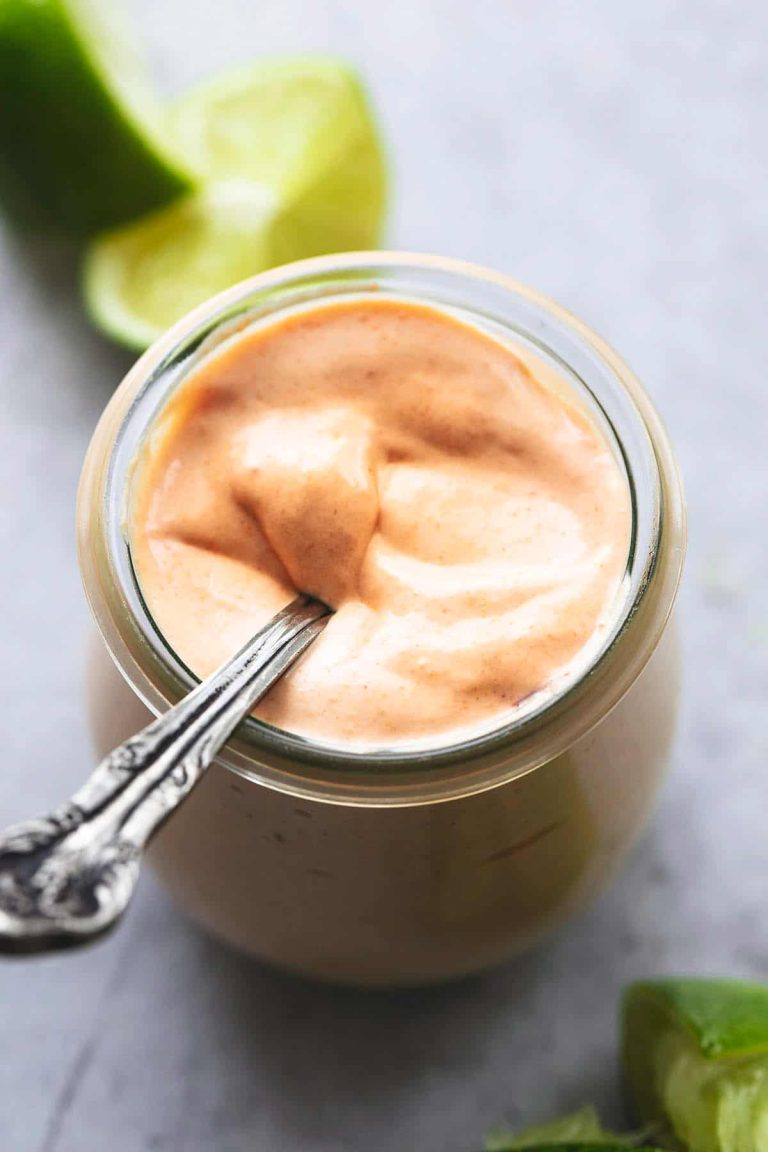Vegetarian Baked Beans: High-Protein, Fiber-Rich Recipes and Cooking Tips
Vegetarian baked beans have their roots in Native American cuisine, where beans were slow-cooked with maple syrup and animal fat. The method spread to European settlers, who adapted it using pork and molasses. Vegetarian versions emerged as dietary preferences and health trends favored plant-based eating. Today, they’re enjoyed globally for their rich flavors and nutritional value.
Key Ingredients and Variations
Vegetarian baked beans typically feature navy beans, tomato sauce, and sweeteners like brown sugar or maple syrup. Common spices include mustard, garlic, onion, and smoked paprika. Variations might add vegetables such as bell peppers and carrots or use different beans like pinto or kidney. Some recipes swap traditional sweeteners for agave or use low-sodium broth to reduce salt content.
Health Benefits of Vegetarian Baked Beans
Nutritional Profile
Vegetarian baked beans offer an impressive nutritional profile. Each serving typically contains around 140 calories, 6 grams of protein, and 10 grams of fiber. These beans are rich in essential minerals like iron, magnesium, and potassium. Vitamins such as B6 and folate also contribute to their nutritional value. By including vegetarian baked beans in your diet, you enhance your intake of vital nutrients without the added fats found in meat-based alternatives.
Benefits for Digestive Health
Vegetarian baked beans promote digestive health mainly due to their high fiber content. Soluble fiber helps regulate bowel movements and prevent constipation. Fermentation of dietary fiber in the colon produces short-chain fatty acids, which can lower the risk of developing colorectal cancer. Probiotics in fermented beans enhance gut flora balance, leading to improved digestion and nutrient absorption.
Overall, these beans are a convenient way to support both your nutrient needs and digestive system.
Cooking Techniques for Vegetarian Baked Beans
Traditional Baking
Traditional baking provides depth and richness to vegetarian baked beans. Utilize a Dutch oven or an oven-safe pot with a tight lid. Preheat your oven to 350°F. After pre-soaking the beans overnight, combine them with tomato sauce, onions, brown sugar, and spices in the pot. Cover and bake for about 2 to 3 hours, stirring occasionally and checking the liquid level. If the beans appear dry, add hot water or vegetable broth to maintain moisture. This method results in a hearty, flavorful dish with tender beans and melded flavors.
Quick Preparation Methods
Quick preparation methods save time while delivering a delicious meal. Use canned beans to skip the soaking process. In a large saucepan, sauté onions and garlic until soft. Add canned beans, tomato sauce, molasses, and desired spices. Simmer on medium-low heat for 20 to 30 minutes, stirring occasionally. This quicker method retains the rich taste of traditional baking but reduces cooking time significantly. If you wish, you can pressure cook for faster results, setting the pot to high pressure for 5 to 7 minutes. This results in soft beans infused with flavorful sauce in a fraction of the time.
Popular Vegetarian Baked Bean Recipes
Classic Homemade Recipe
For a timeless, comforting dish, a classic homemade recipe hits the spot. Start by soaking dried navy beans overnight. The next day, drain and rinse the beans, then simmer until tender. Sauté onions, garlic, and bell peppers until soft. Add molasses, tomato paste, mustard, and a pinch of brown sugar for sweetness. Combine the beans with the sautéed mix, then bake in a preheated oven at 350°F for about two hours. Check for a thick, rich sauce that coats the beans well.
Innovative Modern Twists
Modern takes on vegetarian baked beans push culinary boundaries. Add smoked paprika and chipotle peppers for a smoky, spicy kick. Use white beans and rosemary to craft a Mediterranean-inspired dish. For a fusion twist, mix in coconut milk and curry powder for an aromatic, creamy variant. Experiment with maple syrup instead of brown sugar for a unique sweetness. Serve these with quinoa or brown rice to complete the meal, giving you a nutritious, flavorful experience.
Conclusion
Vegetarian baked beans are a versatile and nutritious addition to your meal planning. They offer a rich source of protein, fiber, and essential nutrients while providing a hearty and satisfying dish. Whether you choose traditional baking methods or quicker preparation techniques, you can enjoy the depth of flavors and health benefits these beans bring. Experimenting with various recipes and modern twists allows you to create unique and delicious variations that cater to your taste preferences. Embrace the culinary heritage and innovation of vegetarian baked beans to elevate your meals with both nutrition and flavor.
